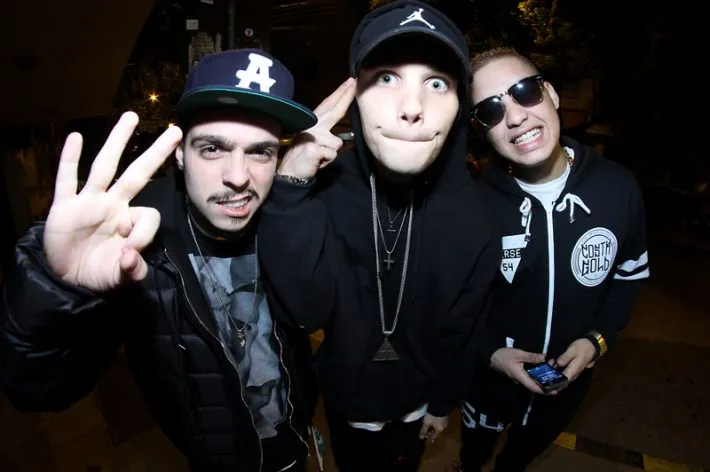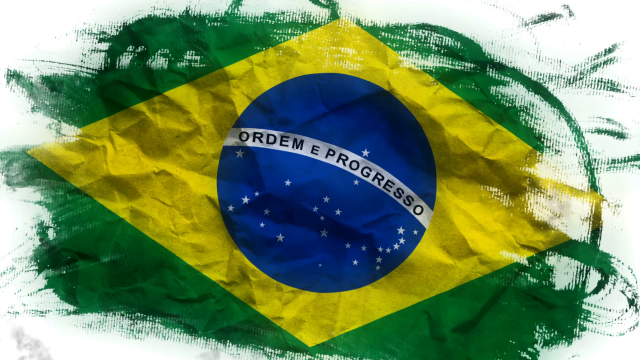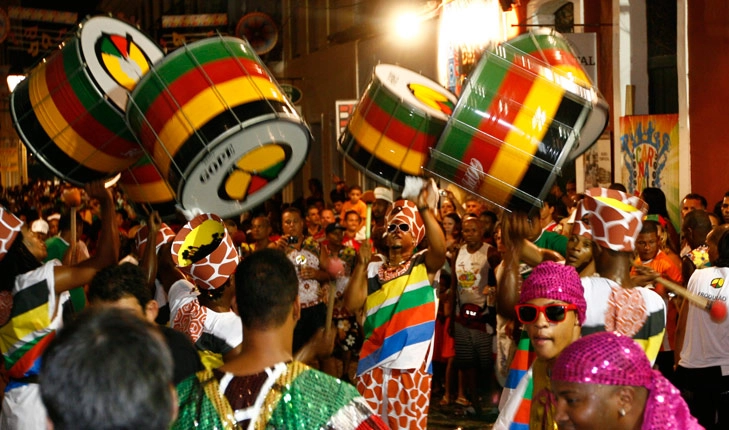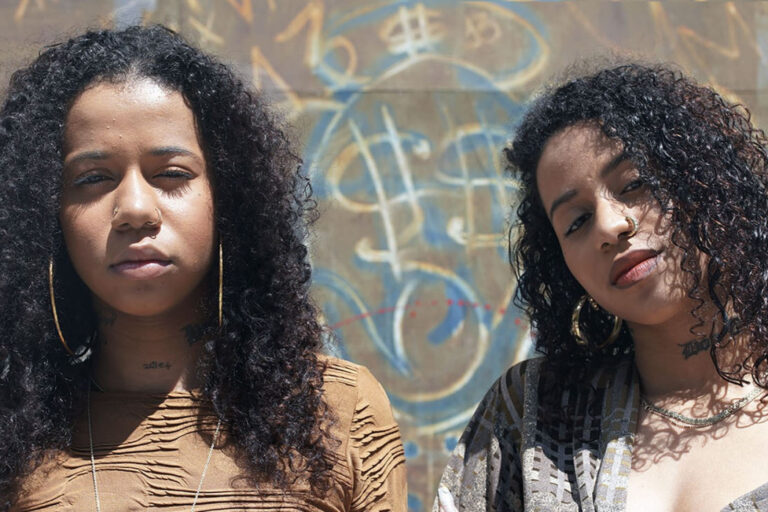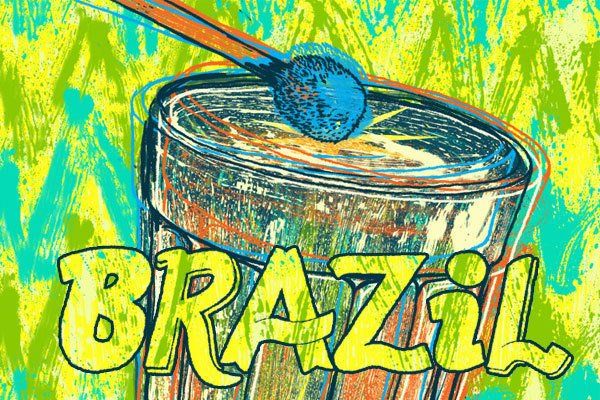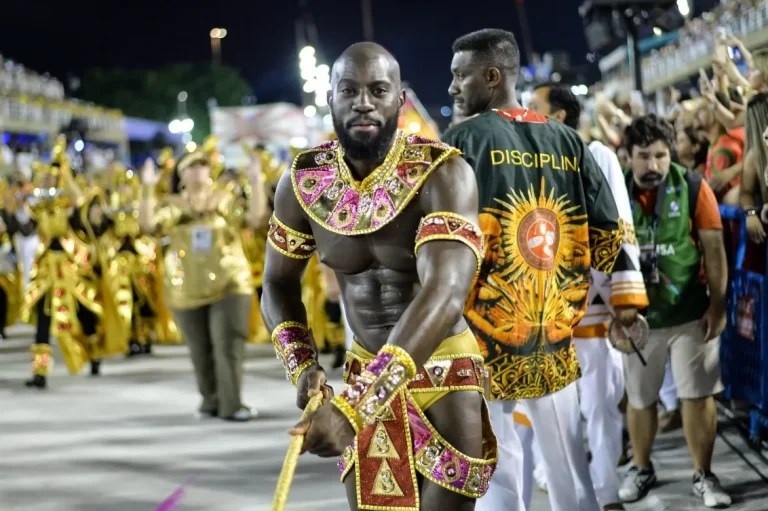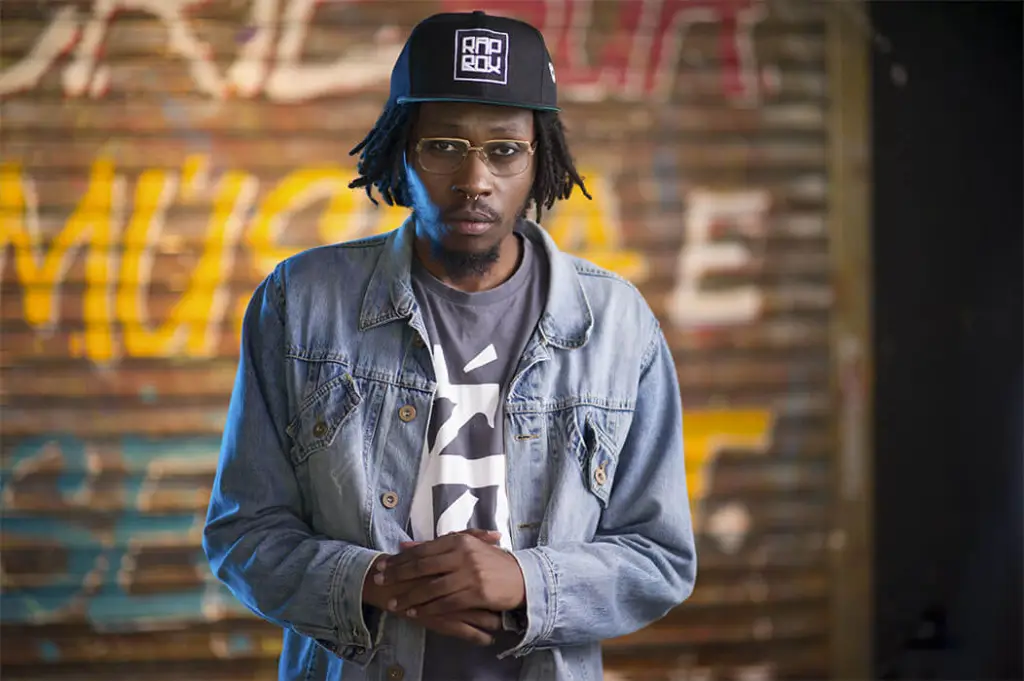
Hip-hop was never just entertainment. In Brazil, as in many places, it began as a form of resistance — a cultural weapon forged in the margins by Black youth speaking truth to a society that kept trying to silence them.
But now, the dynamics are shifting. And not everyone is facing the same uphill battle.
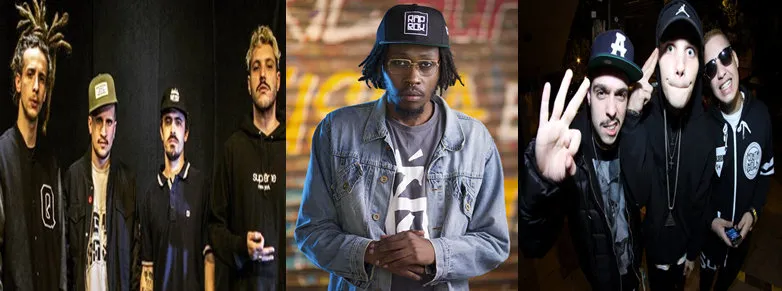
Over the years, legendary voices like Racionais MCs, MV Bill, Sabotage, and newer names like Rincon Sapiência have used the mic to document the Black Brazilian experience — systemic racism, police violence, poverty, and survival. These weren’t just songs; they were lifelines. Narratives of resistance.
Yet, as rap has grown more mainstream, it’s also grown whiter.
The Uneven Playing Field
Today, many white rappers — often from middle-class families — are rising fast in Brazil’s rap scene. They bring undeniable skill, but often skip the grind, the gatekeeping, and the generational trauma that made the culture. While Black artists hustle for years to gain traction, some white acts blow up after just a few singles.
This isn’t about denying talent. It’s about recognizing that access and privilege shape outcomes. And in Brazil, whiteness still opens doors that Blackness has to kick down.
Rincon Sapiência puts it simply:
“White artists don’t usually come from the same reality. They don’t carry the same weight. But they benefit from a system that favors them — even in a culture created from Black struggle.”
When Culture Becomes a Costume
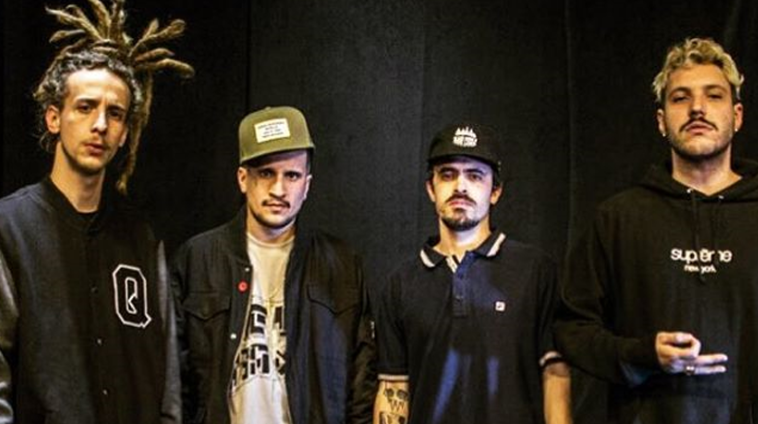
As more white rappers enter the space, the question becomes: Are they honoring the culture or just harvesting its popularity?
In some cases, the deeper meaning behind the music — the social critique, the resistance, the pain — gets replaced by more palatable, pop-friendly versions of hip-hop. The rhythm stays, but the soul fades.
It’s a familiar pattern in Brazilian history.
Samba was once dismissed as criminal — until elites repackaged it as national pride. Funk carioca was branded vulgar — until it made its way into white clubs with expensive covers. Now, the same risk looms over hip-hop. The more it’s adopted by privileged artists and audiences, the more its original purpose is blurred.
A Matter of Responsibility
This isn’t about gatekeeping. It’s about responsibility.
If you’re part of a culture born from struggle, it’s not enough to just “respect it.” You have to engage with it. That means acknowledging where the genre came from. That means speaking out against the systems that still block Black artists from equal opportunity. That means using your platform to lift, not just profit.
The truth is: Brazilian hip-hop doesn’t need to be saved or redefined. It needs to be protected. Its roots need watering — not whitewashing.
Because once the culture loses its memory, it becomes a costume. And when that happens, everyone loses.
